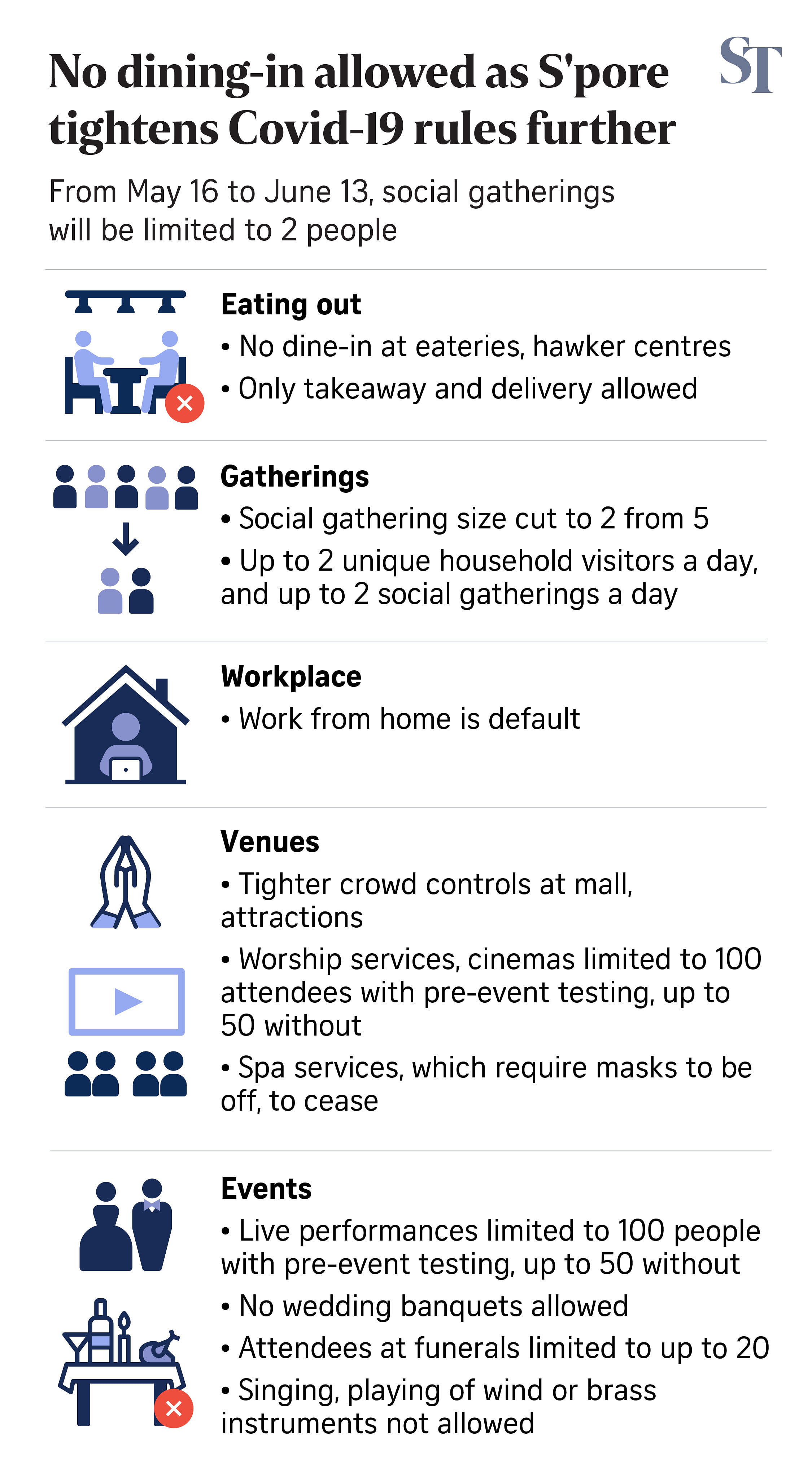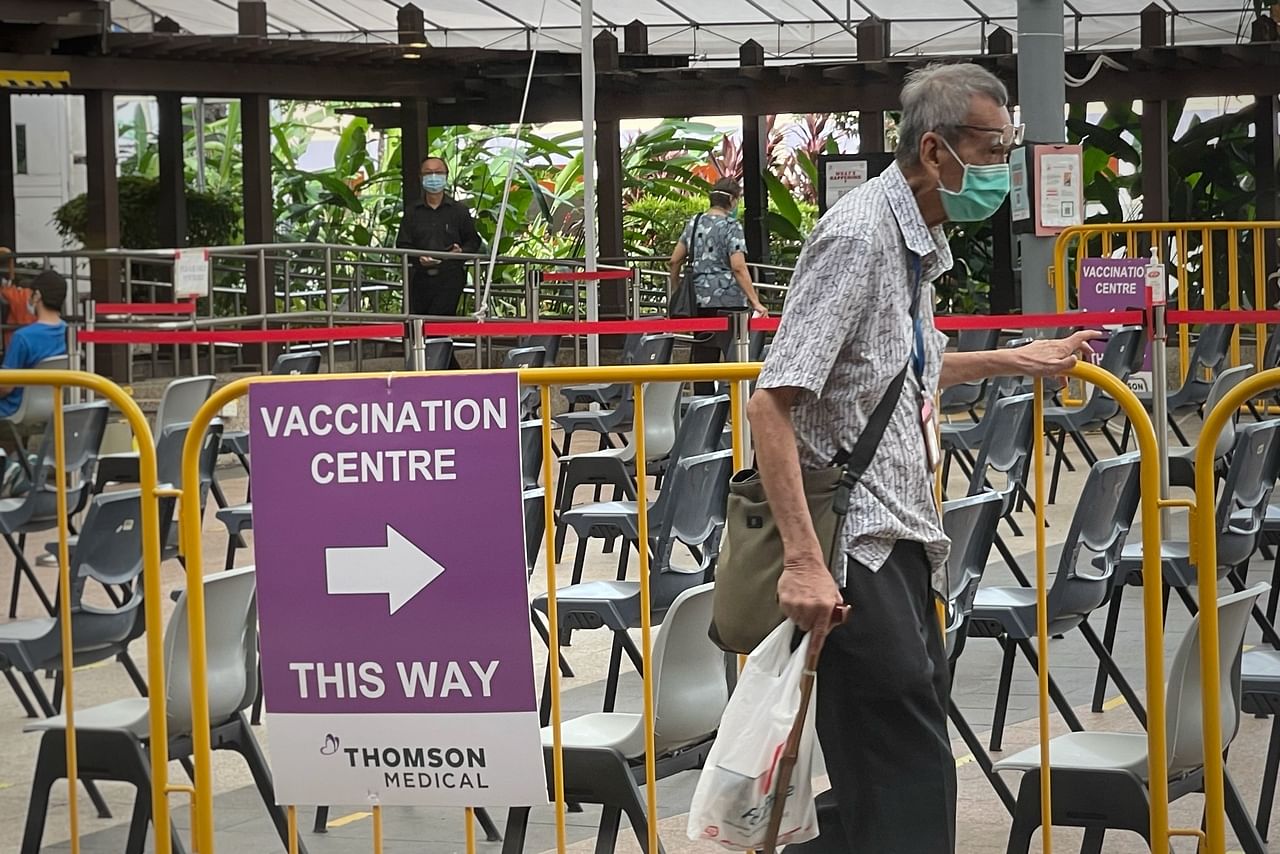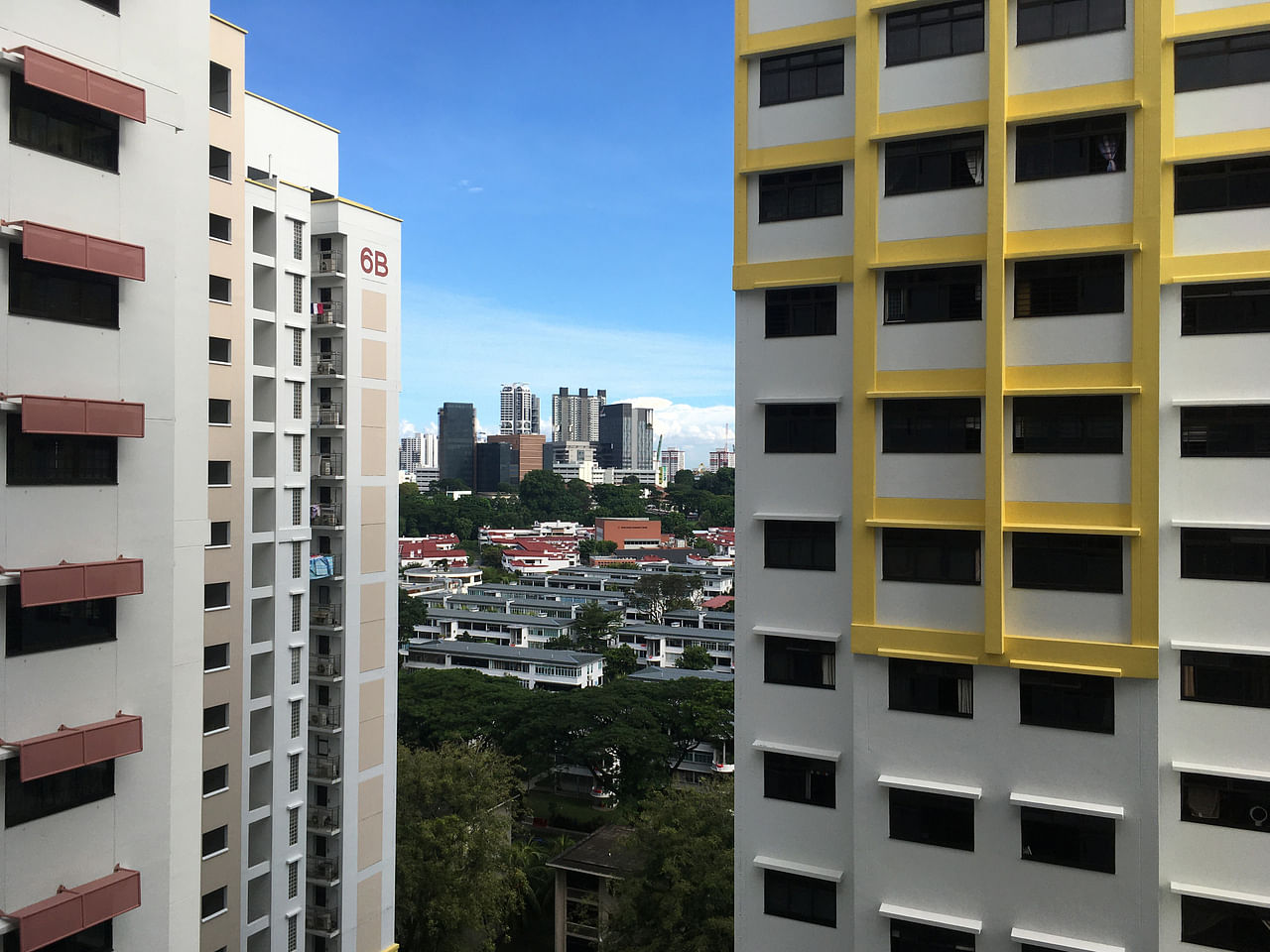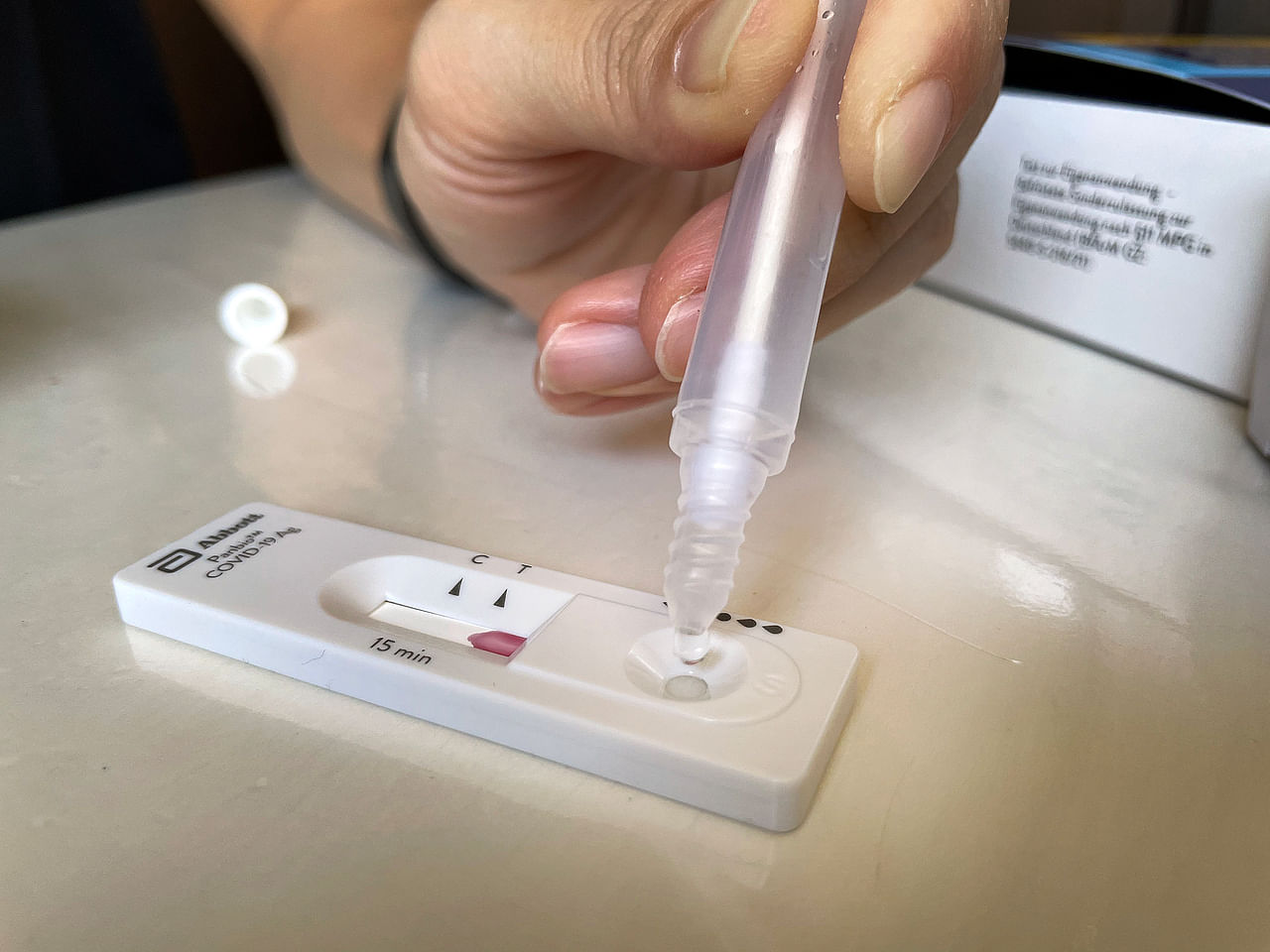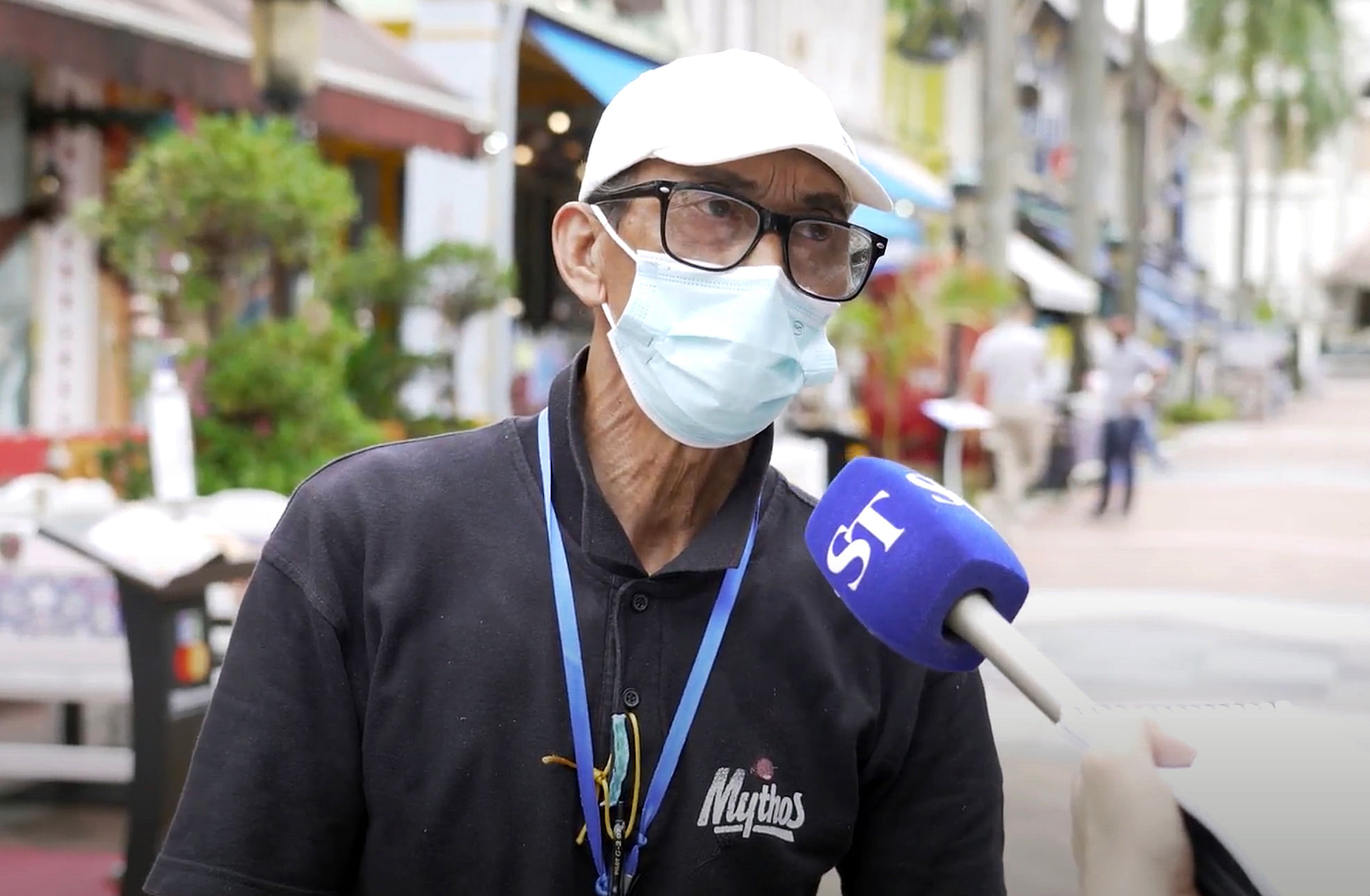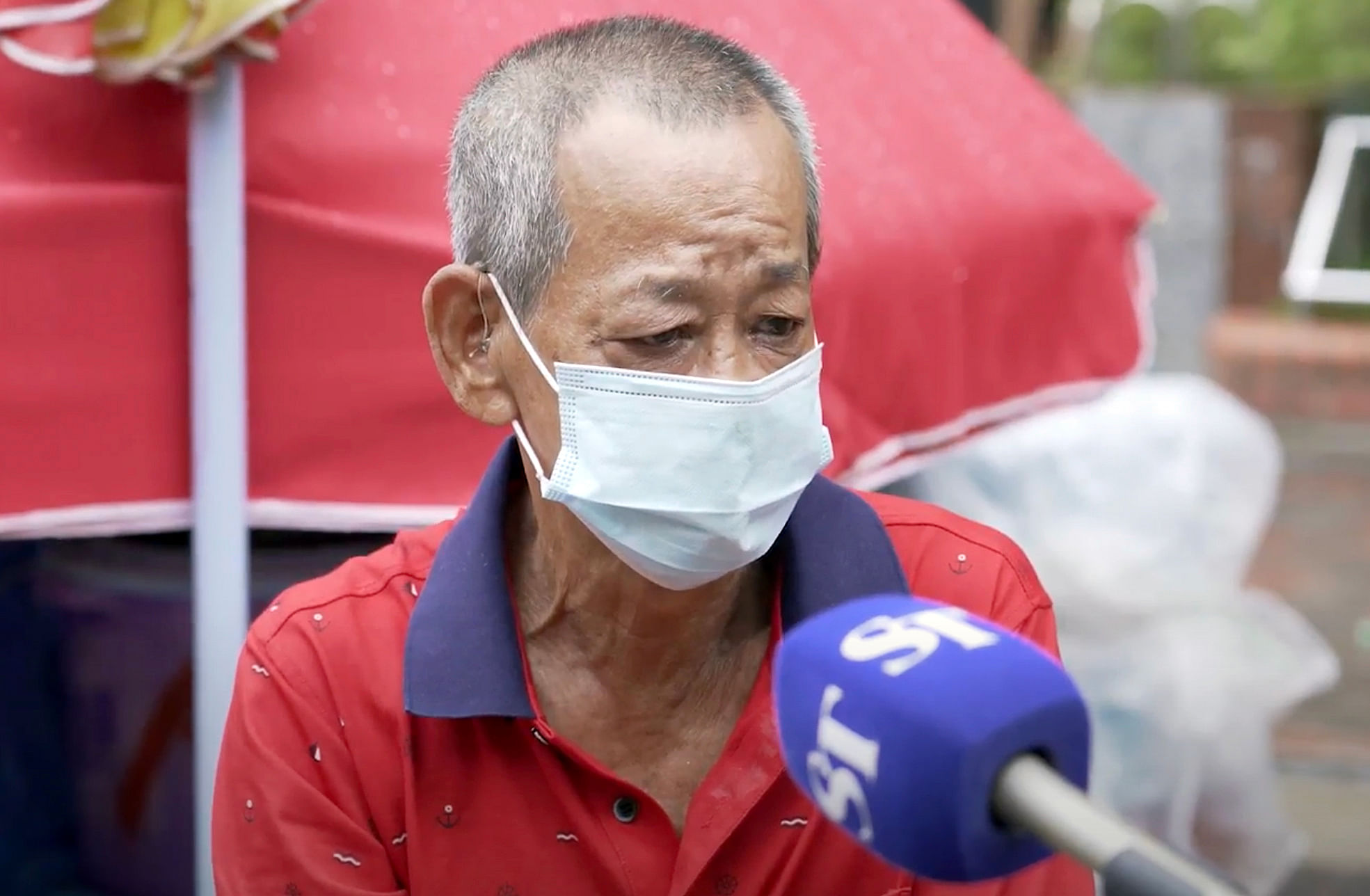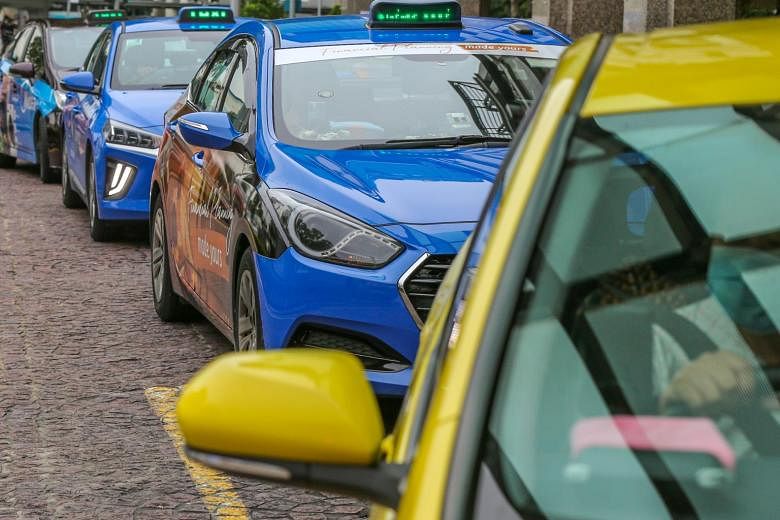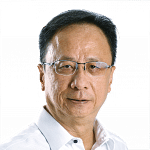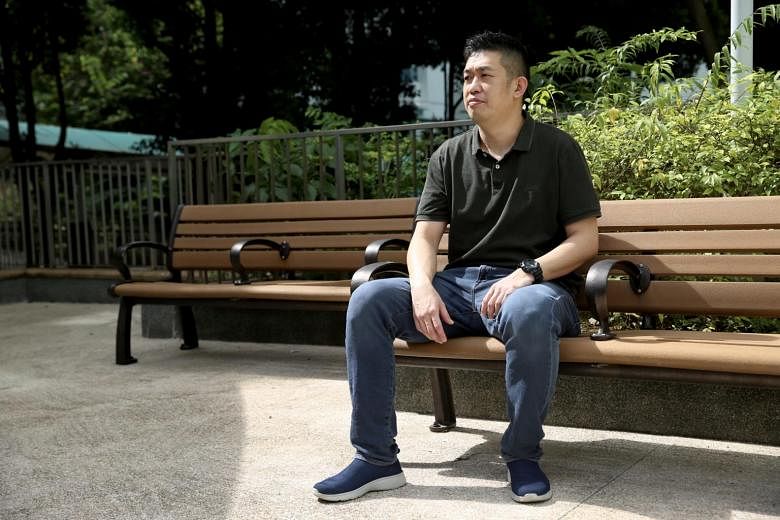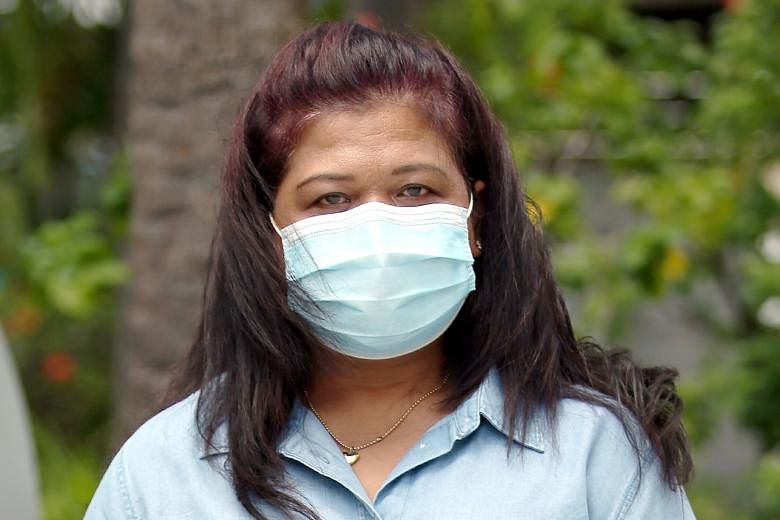A confused population cannot pull together to fight the Covid-19 pandemic
Salma Khalik
Senior Health Correspondent
Early in September, home recovery was for fully vaccinated people 50 years and younger who had no or mild symptoms.
ST PHOTO: LIM YAOHUI
Oct 4, 2021
SINGAPORE - When circumstances change or more is known about Covid-19, Singapore's response to the virus, too, must change. That is being nimble in the face of a pandemic.
But changes that happen too often can lead to confusion and poor adherence to rules - to the detriment of overall efforts to keep people safe.
Acknowledging this last week, Health Minister Ong Ye Kung said:
"The protocols are many and complex to the man in the street, and to them, it's confusing and even frustrating.
"Few people truly understand or remember them. This issue needs to be addressed because if people don't understand, they can't do their part to exercise personal responsibility, much less help others."
But the confusion, I would argue, goes beyond just complex protocols or the use of too many "alphabet soup" acronyms.
Such confusion, especially in recent months, also applies to policies.
The Singapore Medical Association runs
an opinion blog called hobbitsma, penned by an anonymous doctor.
On Sept 27, the writer bemoaned how the lack of clarity from the Ministry of Health (MOH) stresses out healthcare workers, including its policy on vaccine booster shots that have left general practitioners bewildered.
The writer said: "On 14 Sept 21, GPs were informed by AIC that boosters can be given for those 60 and above if they had received their two doses at least six months (or 180 days) ago.
"On 17 Sept 21, this was revised to five months (or 150 days). That's fine. Then on 24 Sept 21, another (third) e-mail was sent by AIC (on behalf of MOH) to yet again change the criteria to 143 days and if the person had received an SMS from MOH to take their booster shot."
AIC is the Agency for Integrated Care, a corporate entity under MOH Holdings that acts as a centralised coordinator for help that seniors might need, such as getting a place in a nursing home.
Three different criteria on boosters disseminated within a two-week period does make one wonder about the decision-making behind this policy.
The writer also wondered about the odd figure of 143 days, and suggested that 150 days or five months would make life far easier for everyone.
If doctors are confused, how much more the general public, and on as important an issue as when to take a booster shot.
More to the point, when booster jabs were announced on Sept 10, the official word to the public was that they were
for those 60 and above, and residents of aged-care facilities, "who have completed their vaccination regimen with two doses at least six months ago".
Seniors register for Covid-19 vaccines booster shots at Bishan Vaccination Centre on Oct 1, 2021. ST PHOTO: GIN TAY
There has been no announcement on how the policy had been tweaked to a shorter interval of 150 days, let alone 143 days. This has led to confusion, as people have been getting invitations to register for their boosters even though they have yet to hit six months - the original policy - from their second jab.
This was compounded by a statement last Thursday (Sept 30) that people 60 years and older who completed their second dose on April 1, 2021, or earlier,
may walk in without appointments for their booster jab from Oct 1 - that's still six months.
The policy on home recovery is another example.
Early in September, home recovery was for fully vaccinated people 50 years and younger who had no or mild symptoms, and provided they were not living with someone who is older than 80 or medically vulnerable, such as the immunocompromised or pregnant, and who have their own room with an attached bathroom/toilet.
Later in September, it was extended to people aged 69 years and younger, with all other conditions applying, except they now should "preferably" have an attached bathroom.
The change was not surprising - and even understandable - given the rising number of infections, of whom more than 98 per cent were either asymptomatic or mildly sick. The devil, though, was in the details of this policy.
More than a million families live in HDB flats, of which around two in three are four-room or smaller. If one room and toilet/bathroom is set aside for the one infected person, how does the rest of the family manage?
And how many families have no vulnerable person, such as a pregnant woman, someone who is sick or over the age of 80 years, at home?
As Covid-19 continues to spread, home recovery will become the default. ST PHOTO: ALPHONSUS CHERN
As Covid-19 continues to spread, home recovery will become the default, as it will be impossible to find enough places to house everyone, even if hotels and student hostels are roped in.
The criteria for home recovery needs to be aligned with what most people can manage.
For example, can someone who is asymptomatic share a toilet but limit the surfaces touched and properly clean them after use? Given how there are more than 130,000 people older than 80 in Singapore, should home recovery be allowed in all cases, so long as precautions are taken, such as everyone at home wearing a mask throughout the patient's 10-day recovery period?
For a policy to work, it must work in practice.
Associate Professor Hsu Li Yang, an infectious diseases expert at the National University of Singapore Saw Swee Hock School of Public Health, said: "Some policies such as home recovery had multiple clauses that were impracticable for a significant proportion - perhaps even a majority - of households with Covid-19 members, and lacked ground support for implementation to the extent that to call it an operational failure might be charitable."
Prof Hsu also pointed out that some contacts of Covid-19 patients had been contacted by MOH only eight to nine days after the encounter. This reveals a lack of preparedness, given how the authorities had themselves predicted a surge.
Requiring children below the age of 12 to be checked by a hospital doctor before being allowed to do home recovery adds work to an already stressed healthcare system, he added.
Under current rules, if a person's ART result is positive twice, indicating he has been infected with Covid-19, he does not need to have a confirmatory polymerase chain reaction test. PHOTO: ST FILE
Another area of confusion has been the policy on what happens when someone tests positive for Covid-19.
Every household has been given antigen rapid test (ART) self-test kits, and a fair number of workplaces require regular testing using these kits.
Under current rules, if a person's ART result is positive twice, indicating he has been infected with Covid-19, he does not need to have a confirmatory polymerase chain reaction (PCR) test.
In fact, he does not even need to inform MOH that he has been infected. He just needs to stay home and repeat the ART test till it gives him a negative result, after which he may return to work and normal life.
This also means he is not part of the daily count of about 2,000 new infections that MOH has been reporting, which leads to the question: How accurate are those figures?
If all the people with Covid-19 who discovered their infection through self-tests are not included - and we can assume that they are either not sick or only mildly so - then would the percentage of people who do not get seriously ill be actually higher than the 98.1 per cent released by MOH? How much higher? Are the numbers released even meaningful?
Once the person gets a negative result, life returns to normal for him, as prescribed under the current policy. But MOH also says on its website that the ART has "potentially high false negative rate in individuals with low viral load".
So one negative test result could mean the person is still infectious. Yet the authorities have deemed it all right for him to resume life as normal. Wouldn't it be better if two negative tests are needed to give the all-clear?
A reader wrote in recently to say that his son's sergeant was confirmed to have Covid-19. Upon this, his son and all his platoon mates were made to take a PCR test then told to go home.
He asked why the platoon was sent home before the PCR test results were out, since this could inadvertently spread the disease to others, including vulnerable seniors like him at home. Wouldn't it have been better if the entire platoon was kept in camp and ring-fenced till the tests were out?
His comments made sense to me, given how these soldiers already stay in camp and could easily have been asked to remain there for a day or two more.
Also, why were these young men- likely to be asymptomatic even if they had caught Covid-19 - given PCR tests when others in Singapore who test positive with the less-accurate ART do not even need to inform MOH that they have been infected?
Am I the only one confused by these rules and their inconsistent implementation?
I'm sure I am not, since there are still workplaces and food outlets that close for 14 days because an employee had tested positive for Covid-19. They obviously have not heard that this is no longer necessary. What is clear: Simply announcing a rule change doesn't mean the message has got through.
Professor Dale Fisher, an infectious diseases specialist at the National University Hospital (NUH), said good communication "is easily the major challenge for any outbreak response".
He added: "If guidelines change every week, people and businesses won't keep up. Yes, we must be nimble but we also need to factor in the capacity to get the messages and activities to all corners of the population."
Agreeing, Professor Teo Yik Ying, dean of the NUS Saw Swee Hock School of Public Health, said: "Our communication strategies need to be consistent so the public know how to respond."
Instead, we are getting conflicting messages.
One last example: People are told that if they are fully vaccinated and healthy, an infection is unlikely to cause more than mild symptoms, which is in line with transiting to an endemic state.
But cross signals come when places like
Pasir Panjang market is closed - a move more aligned with an elimination strategy, pointed out Prof Teo.
A confused population cannot pull together to fight a pandemic.
Mr Ong has given the assurance that protocols will be simplified. Hopefully, the situation will be sorted out soon.




